In these homilies, Pope Francis encourages us to renew our faith. He encourages us to go out to be “workers for the Kingdom.” He encourages us to go on a search for Christ, to have “restless hearts” until we find Him. Each of us needs to ask: What do I seek? Am I truly in search of anything? If we do not set out on a search for Christ, we will never find Him. How often we fall into the trap of the things we already know! We must leave aside our many certainties, our opinions, the image of God that we have made for ourselves. The Pharisees, too, had already understood everything and in place of the search for the face of God, they had substituted the commandments of the Law, rules to observe. But the Law does not give life; it is rather instead our tomb.
We do not know how and where we will encounter Him. Therefore, we must set out to seek Him, because it isn’t enough to rely on something in the past, something that happened once and is already finished. God awaits us around every corner. The Mystery reoccurs now, it is present now. But if we don’t set out to find it, we will never come to know it.
And to begin the journey, there is a need to feel that restlessness that God Himself has placed in our hearts. Nothing in our lives fills us with perfect peace; everything can be the occasion for the question: “What is happening in my life? What do I truly need?”
If we are tested by the circumstances that God places us in, precisely these circumstances will become the context for our conversion. Either I respond to the tests God sends me, or no one responds. Because something that happens to me, tests me only when I allow myself to ask: “But you, for what are you living? What are you seeking?”
Reality then not only tests us, but also moves us. And our curiosity then enables us to recognize where God will surprise us anew.
We are therefore called to allow ourselves to be tested by reality. Sometimes all that is needed is a quiet “yes” to begin to see that reality has a larger dimension, newer, more beautiful, than what we have seen in the past. If we are truly receptive, and do not insist on controlling all of our reality, we discover much more. We must therefore live our restlessness joyfully, not silence it. We must begin our search, and find the signs of His presence here and now. This is a path each of us is called to take.
—Maria Pia Carriquiry Gomez
Servants of the Kingdom
Homily of February 5, 2015
The Church must proclaim the Gospel “in poverty,” and the people proclaiming it must have the sole aim of alleviating the miseries of the poor, never forgetting that this service is the work of the Holy Spirit and not of human hands.
During the morning Mass in Casa Santa Marta, Pope Francis returned to one of his favorite images for the Church, that of a field hospital, inspired by the Gospel of the day, in which Jesus sends his disciples out, two by two, to the villages to preach, heal the sick and drive out “unclean spirits.”
Pope Francis said that there are many “wounded” waiting in the aisles of the Church for a minister of Christ to heal, raise and liberate them from the demons that plague them. He added that Christ’s ministers must always remember, however, that they are simple “servants of the Kingdom.”
Healing Wounded Hearts
The Pope contemplated Jesus’ description of the attitude his disciples must have as he sends them out among the people. They must be people with no frills attached — “no food, no sack, no money in their belts,” he tells them — because the Gospel “must be proclaimed in poverty” as “salvation is not a theology of prosperity.” It is purely and simply the “good news” of liberation brought to all who are oppressed: “This is the mission of the Church: the Church that heals, that cares [for people]. I sometimes describe the Church as a field hospital. True, there are many wounded, how many wounded! How many people who need their wounds to be healed! This is the mission of the Church: to heal the wounded hearts, to open doors, to free [people], to say that God is good, God forgives all, that God is our Father, God is tender, that God is always waiting for us”…
Apostolic Zeal, Not NGO Activism
Pope Francis warned that distracting attention from the essential nature of this proclamation creates the risk of misrepresenting the Church’s mission and losing sight of the only thing that matters: bringing Christ to the poor, the blind, the prisoners: “It’s true, we have to help and create organizations that help in this: yes, because the Lord gives us the gifts for this. But when we forget this mission, forget poverty, forget the apostolic zeal and instead, place our hope in these [human] means, the Church slowly slips into becoming an NGO, it becomes a beautiful organization: powerful, but not evangelical, because it lacks that spirit, that poverty, that power to heal.”
Disciples Are “Workers for the Kingdom”
Pope Francis concluded that the disciples return “happy” from their mission and so Jesus took them with him “to rest for a while.”
However, Pope Francis stresses: “He does not say to them: ‘How great you are, now on your next mission you should be better organized…’. Only: ‘When you have done all you have to do, say to yourself: ‘We are useless servants.’ This is the apostle.
“And what would be the most beautiful praise for an apostle? ‘He was a worker for the Kingdom, a worker for the Kingdom.’ This is the greatest praise, because it means he has chosen Jesus’ path of proclamation: He goes to heal, to safeguard, to proclaim this Good News and this year of grace. So that people rediscover the Father, to foster peace in the hearts of the people.”
A Restless Heart
Homily of February 10, 2015
The Restless Will See God
Pope Francis began his reflections drawing on the reading from Genesis that speaks of man’s creation “in the image and likeness of God.” He spoke of the right and wrong paths that a Christian can take in search of his origins and identity.
Pope Francis noted that we certainly cannot find the image of God “on a computer, or in encyclopedias.” Instead, there is only one way to find it and to “understand our own identity,” that is, to “set out on a journey.” Otherwise, said Pope Francis, “we will never know the face of God”:
“Those who never set out on this journey, will never know the image of God, will never find the face of God. Sedentary Christians, lethargic Christians, will not know the face of God. They do not know Him. They say: ‘God is like this…’ But those who are lethargic do not know Him. You need a certain restlessness to set out on this path, the same restlessness that God placed in each of our hearts and that brings us forward in search of Him.”
A “Caricature” of God
Pope Francis went on to say that “setting out on the journey and allowing God or life to test us means taking a risk.” He added that this is what the giants [of Scripture] did, like the Prophet Elijah, or Jeremiah, or Job, braving dangers and feeling themselves defeated by fatigue and distrust.
But there is another way in which we risk being stationary and so falsifying our search for God. Pope Francis pointed to it in the Gospel episode where the Scribes and Pharisees rebuke Jesus after his disciples eat without performing the ritual ablutions: “In the Gospel, Jesus meets people who are afraid to set out on the path [in search of their identity] and who content themselves with a caricature of God. It is a fake ID. These lethargic people have silenced the restlessness of their heart, they depict God with commandments and forget God: ‘You, by neglecting the commandment of God, observe the tradition of men,’ and in doing so they turn away from God, they do not journey toward God and when they are insecure, they invent or make up another commandment.”
The Grace to Remain on the Right Path
Pope Francis concluded that “people who act like this travel a so-called path,” a “path that goes nowhere, a slumberous path”: “Today the liturgy invites us to reflect on these two texts, which are two identity cards, which we all have. The Lord has made us this way. One tells us: ‘Set out on the path and you will discover your identity, because you are the image of God, you are made in the likeness of God. Get up and seek God.’ And the other: ‘No, do not worry: fulfill all these commandments, and this is God. This is the face of God.’ May the Lord give us all the grace of courage to always set out on the path, to seek the Lord’s face, the face that one day we will see, but which we must seek here on earth.”


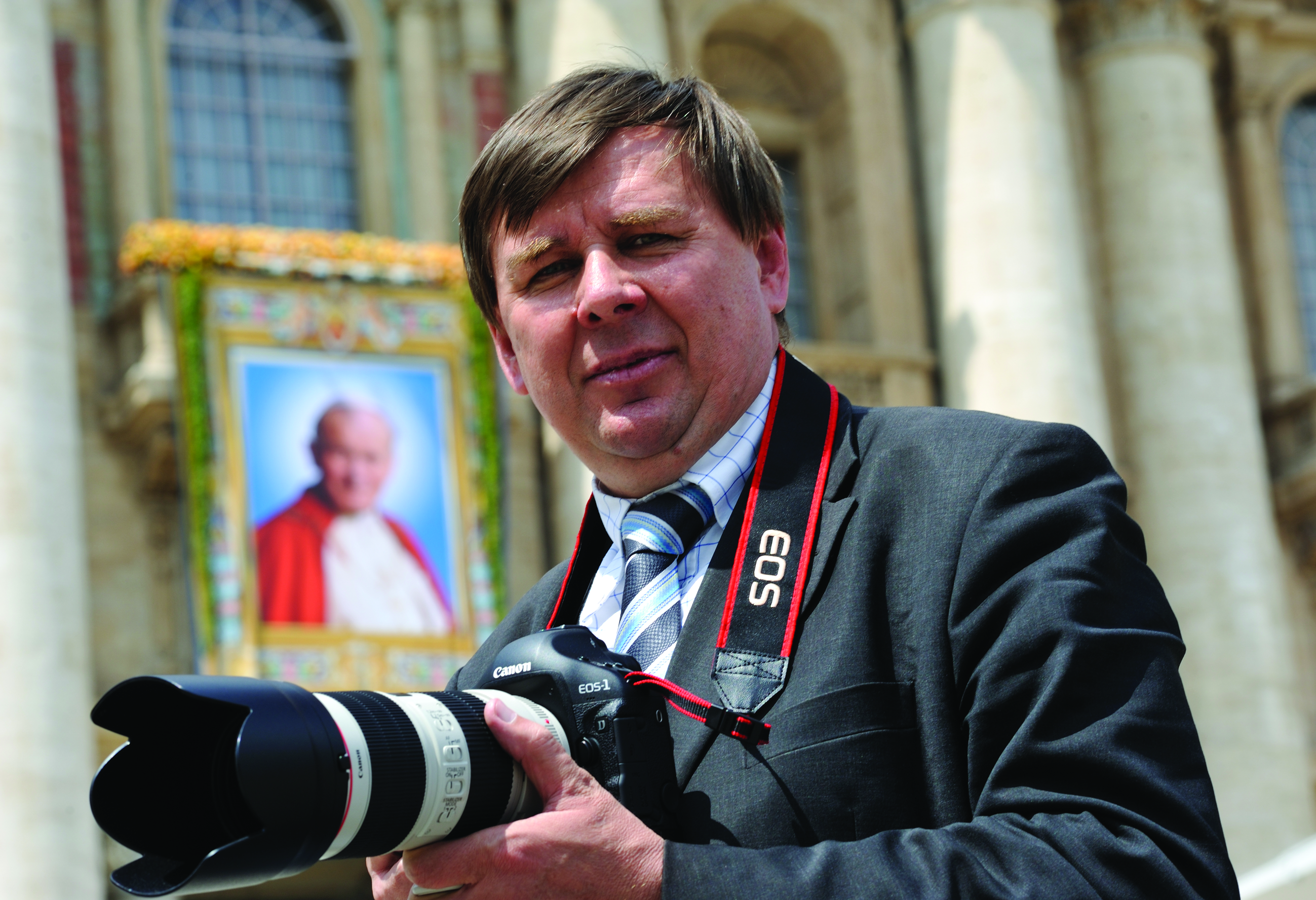
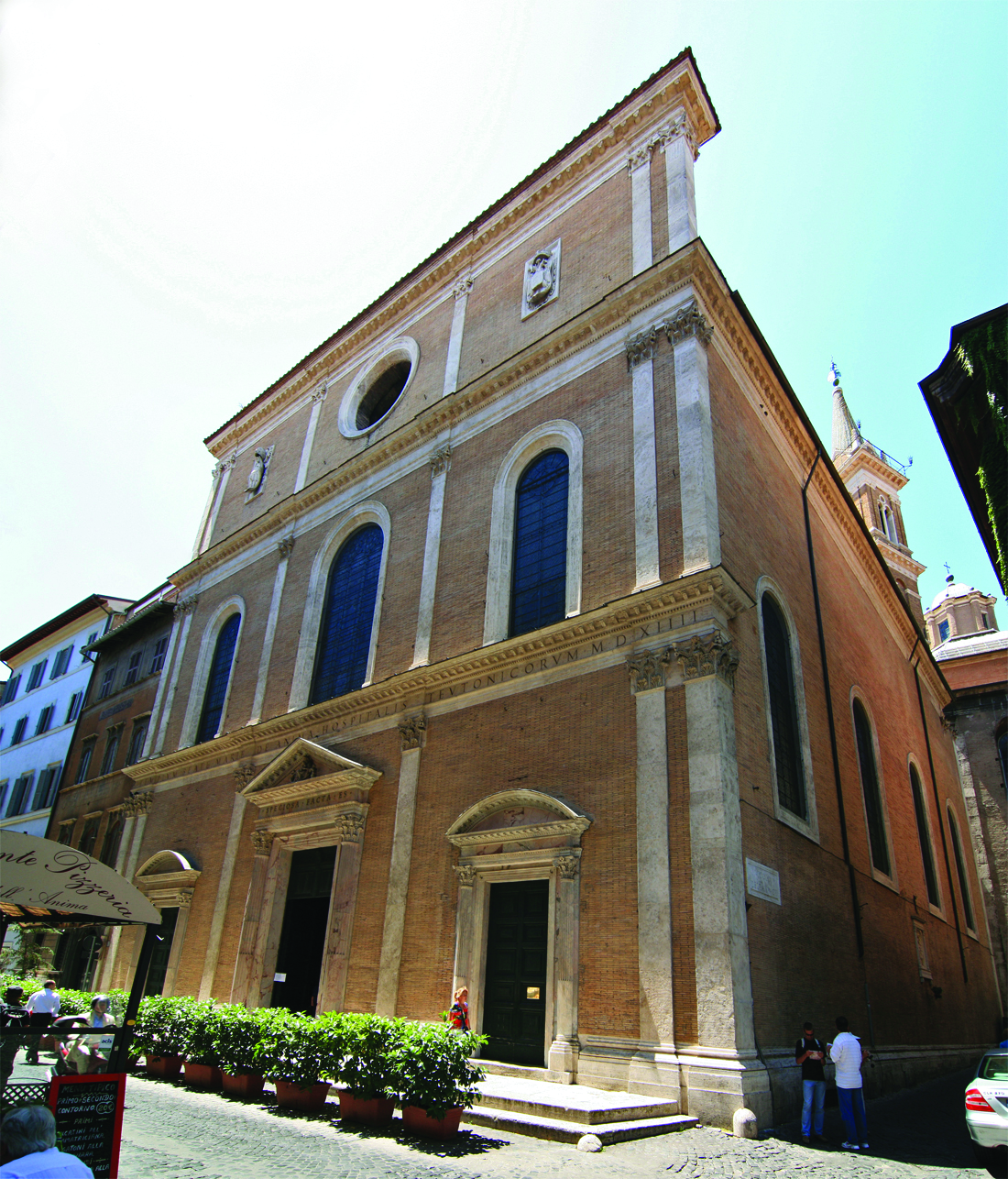
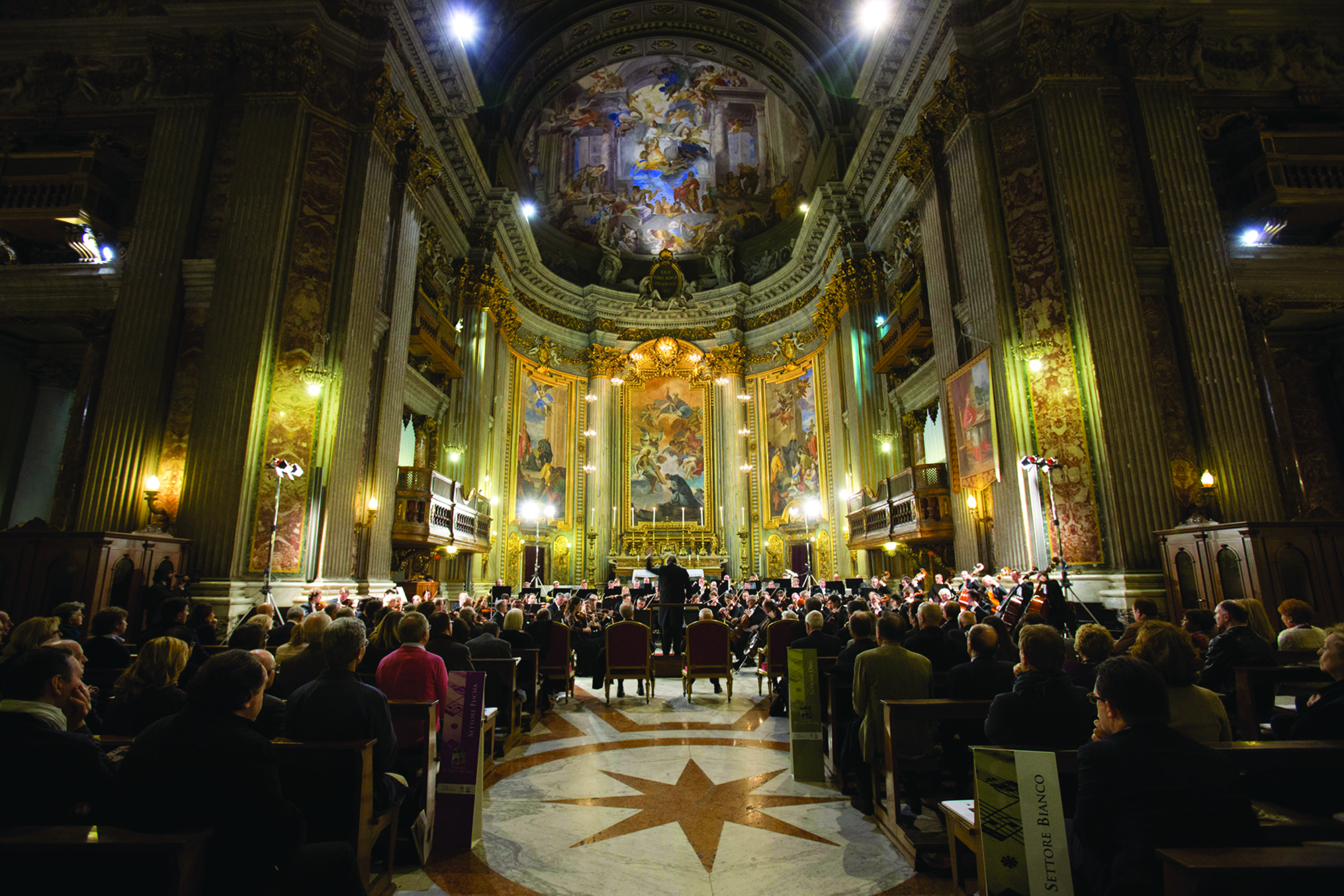
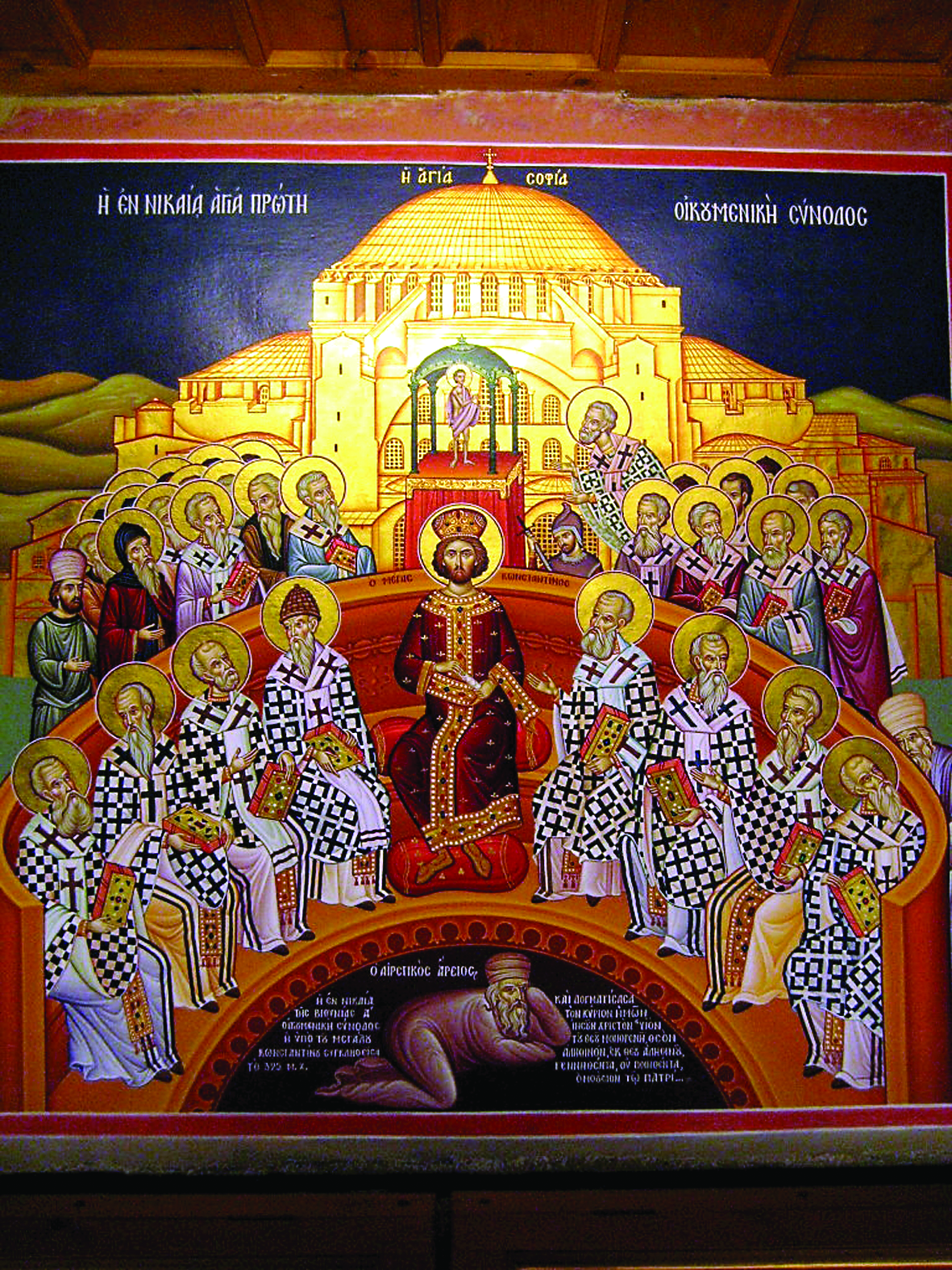
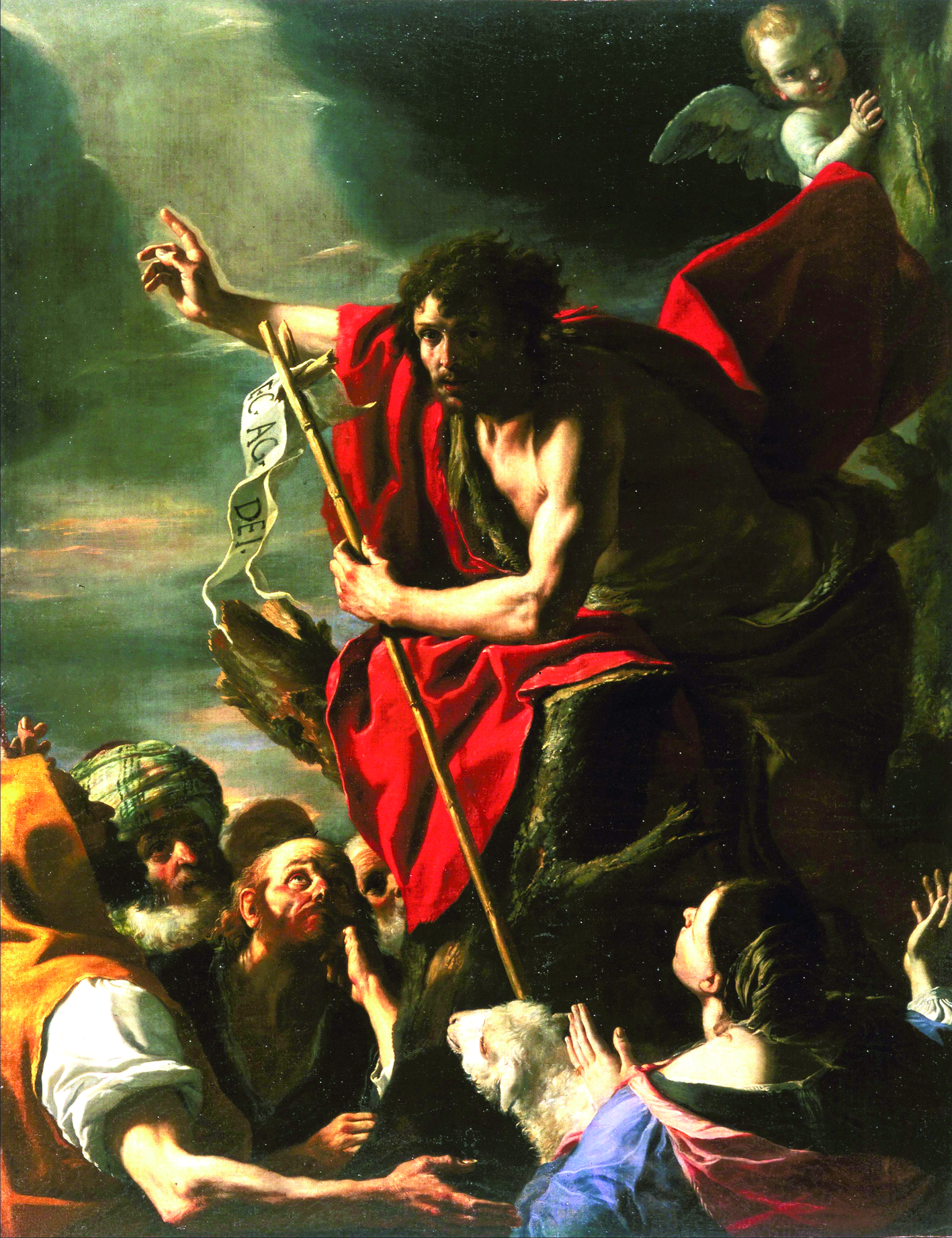
Facebook Comments